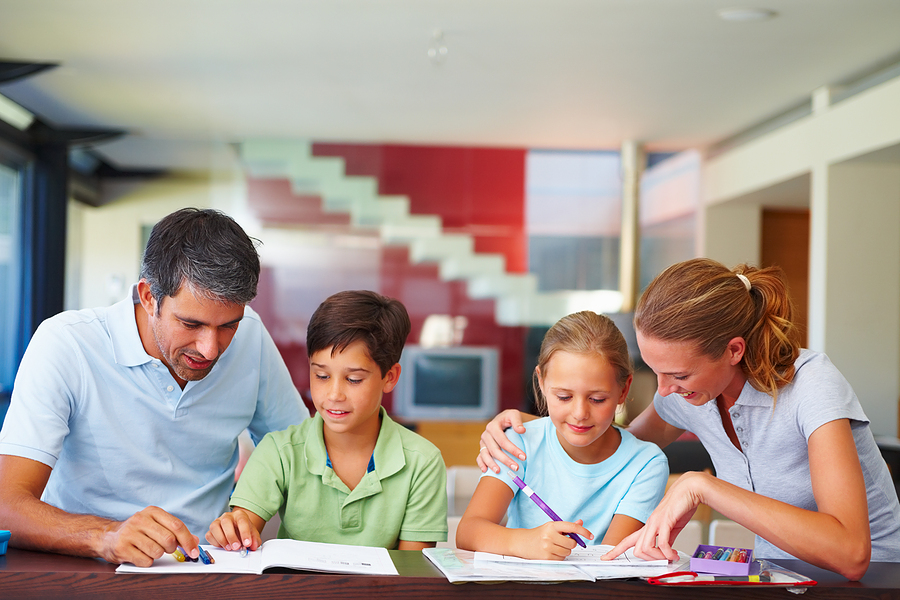*Previously Recorded by Phyllis Schlafly, 01/26/2010*
When the subject of homeschooling comes up, someone usually raises the question of socialization. Critics of homeschooling can’t deny that homeschooled students are every bit the academic equal of students who attend regular schools, so they shift to the assertion that education is more than academics, and that proper socialization can take place only in a traditional school setting, preferably spending a lot of time with children in the same age group or grade.

Most homeschooling parents don’t want their children socialized to become mindless robots for the current culture, or to develop attitudes, beliefs, and behaviors that are not in their best interest.
The McGraw-Hill Dictionary of Scientific and Technical Terms defines socialization as “the process whereby each child learns to get along with and to behave similarly to other people in the group, largely through imitation as well as group pressure.” The Dictionary of Cultural Literacy defines socialization as “learning the customs, attitudes, and values of a social group, community, or culture.
The common theme of various definitions of socialization is behavior that conforms to the group. The question for parents is: Do you want your children to conform to the group? Most homeschooling parents want to prepare their children to think for themselves and to make wise decisions when they are on their own. They don’t want their children socialized to become mindless robots for the current culture, or to develop attitudes, beliefs, and behaviors that are not in their best interest. Homeschooling parents believe that homeschooling provides teens with positive role models to help them make better choices and to avoid the destructive behaviors so prevalent in the public schools. Homeschooling teaches them to resist peer pressure and mass-media marketing of undesirable products and behaviors.
Let’s cheer the homeschoolers; they are doing just fine!






